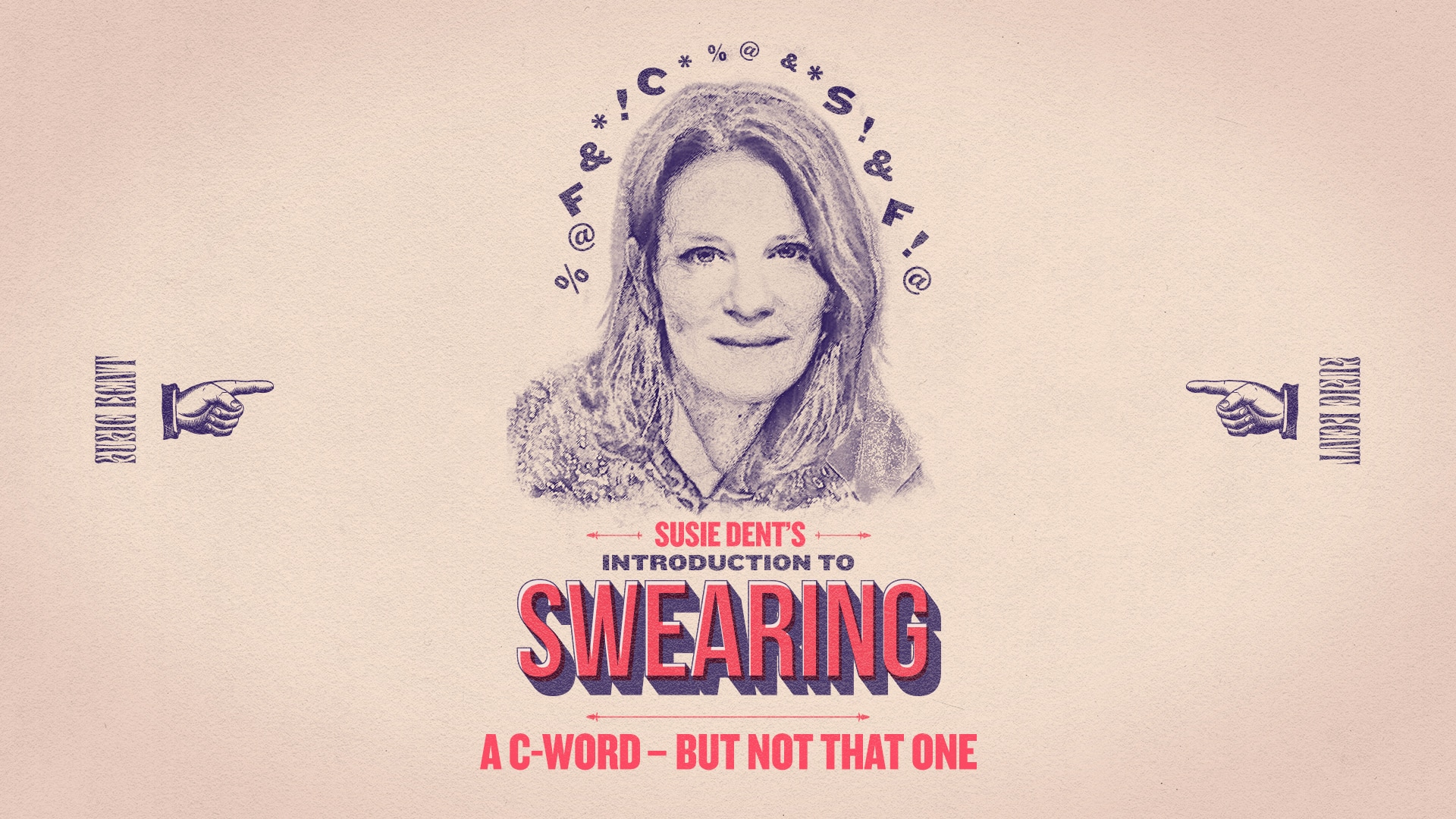
There are a few rude c-words in the English language. Susie’s been taking a look at another of them… 
‘We are in the deep cack. It couldn’t be worse if it was raining arseholes’. So says the larger-than-life, hard-bitten Sergeant Jackrum in Terry Pratchett’s Monstrous Regiment. Cack, of course, is shit, a substance the word has been mired in since the 15th century. The first record we have of it shows no squeamishness: ‘Hee hath a face… like one that is at cack’. Since then, cack has wandered into the lexicon of left-handedness, become a byword for a fool or total pillock, and, via Greek, indulged in some serious political shade.
The origins of ‘cack’ are simple enough: the Latin ‘cacare’, meaning ‘to void excrement’. But they probably go back further still, to an ancient ancestor which spawned similar words in many languages – from the Danish kakke to the Spanish. In many of them, the word gives a child-like feel to the act of defecation – equivalent to the English ‘poop’.

And there are more relatives to be found. The Greek kakos, meaning bad, is another probable relation of our ‘cack’. This is where politics enter the arena, for a kakistocracy is a government run by the very worst of citizens. Coined on the model of ‘aristocracy’ – originally government by the best of citizens – it too is likely to go back to the idea of defecation. It’s hard to argue that kakistocracy doesn’t offer a more elegant alternative to ‘this government is shit’.
The family tree continues with ‘cacophony’ – a harsh or discordant sound – and the pithily brilliant ‘poppycock’. The latter began with the Dutch word pappekak, which could mean either ‘soft dung’ or ‘doll’s excrement’. Either way, and to shift metaphors for a moment, ‘poppycock’ is simply a more restrained way of declaring something to be bollocks.

We move on to the sorry lexicon of left-handedness, populated by such regional epithets as ‘cuddywifter’, ‘kay-pawed’, and, crucially for us, ‘cack-handed’. This is no side-step from cack’s meaning of ‘poo’ – the idea, which ripples through all of these, is that a left-hander is clumsy, awkward, and generally shit at everything.
Want more foul-mouthed indecency? You can find all of Susie Dent’s Introduction to Swearing here!
It followed of course that ‘cack’ began to take on all sorts of negative meanings, including a general term of abuse in Ireland for a fool (or worse). Compounds such as ‘cackbag’ and ‘cackface’ are just as insulting, while to ‘give someone the cack’ is to insult them. Returning to the literal, ‘kakker-boosah’ is defined in a dictionary of sporting terms of 1823 as ‘accidental excrementing’. Whether by a human or a horse is not specified, but it surely beats many of the synonyms in the Urban Dictionary hands down.

On the other hand, just as ‘shit’ can land on either the positive or negative side of the fence, if you are ‘hot cack’ at something you are excellent at it – shit hot, in other words.
And so it is that, for all its simplicity, ‘cack’ is a useful word that has more oomph than ‘crap’ and marginally less offensiveness than ‘shit’. It has also attracted some fairly vivid records in the Oxford English Dictionary, including one of a man that was apparently able to ‘cack golde’. An impossibility for the rest of us, sadly, though if we wanted to try it we might need ‘kakker-boosah’ to fall back upon.
Incidentally, ‘cack’ has no etymological relationship with ‘cackle’, which comes from an old Dutch word for ‘jaw’. Which means, thankfully, that we can continue to use the 19th century nicknames for eggs, ‘cacklefarts’ and ‘cackleberries’, without fear that they will send us running to the nearest cack-house.





6 Comments
See also Khaki as in military uniform colour:
https://en.m.wikipedia.org/wiki/Khaki
Khaki?
@tomlinterry1
khaki is Urdu for dust I’ve read.
Many people from the Indian subcontinent eat with their clean right hand, and wipe their arse with their left.
Love it !!!
Love the ancient words, but I think you have missed the main issue- the very widespread use (pre toilet paper) of the left hand for cleaning up after defecating. Standard throughout the Muslim world and many other places, and probably standard in western societies until recently. The left hand/poo connection is very deeply ingrained.